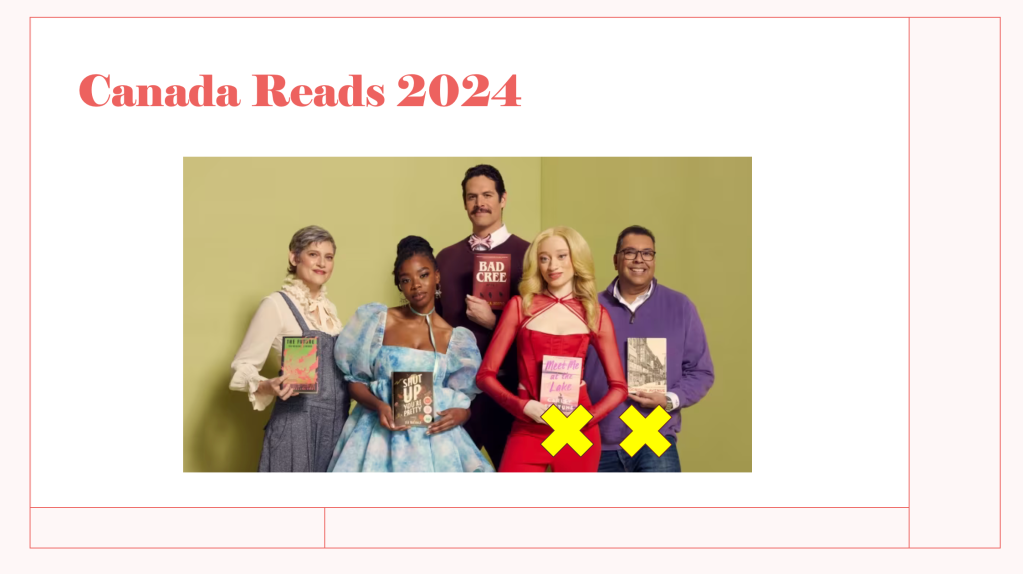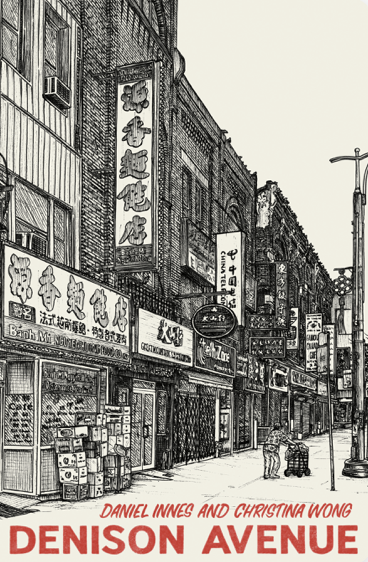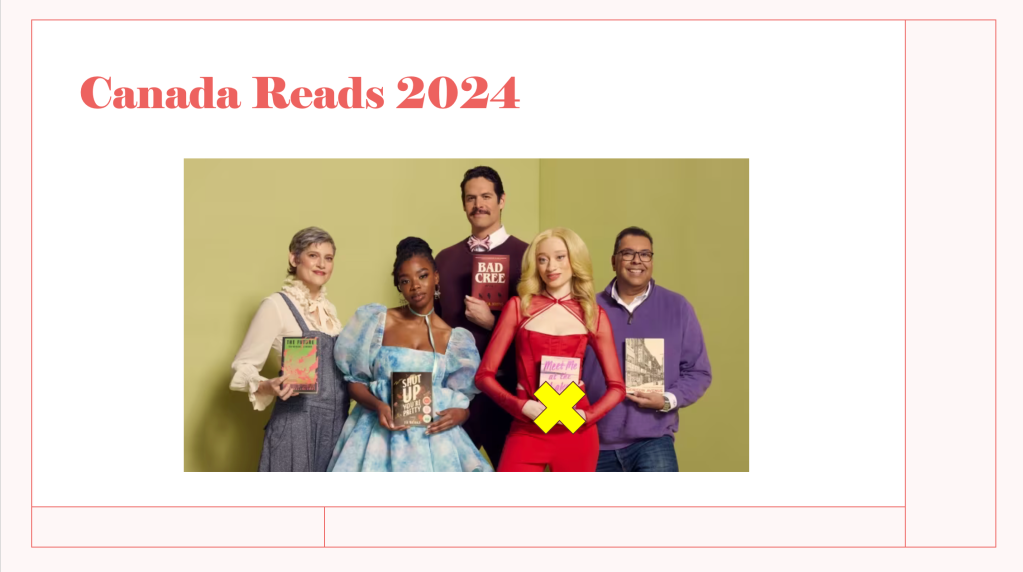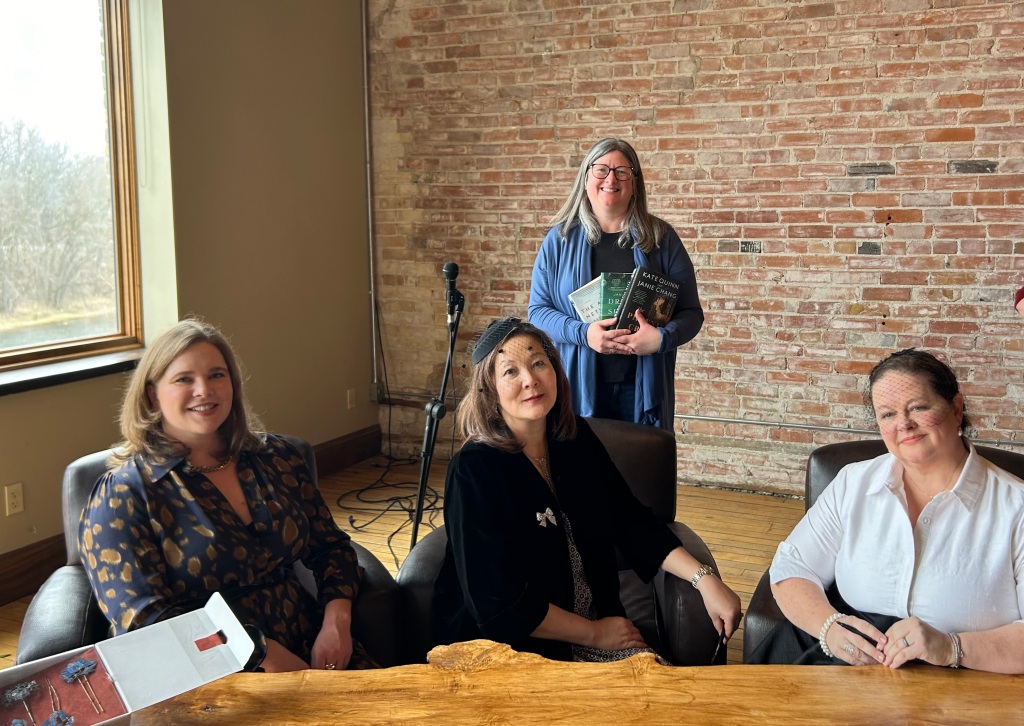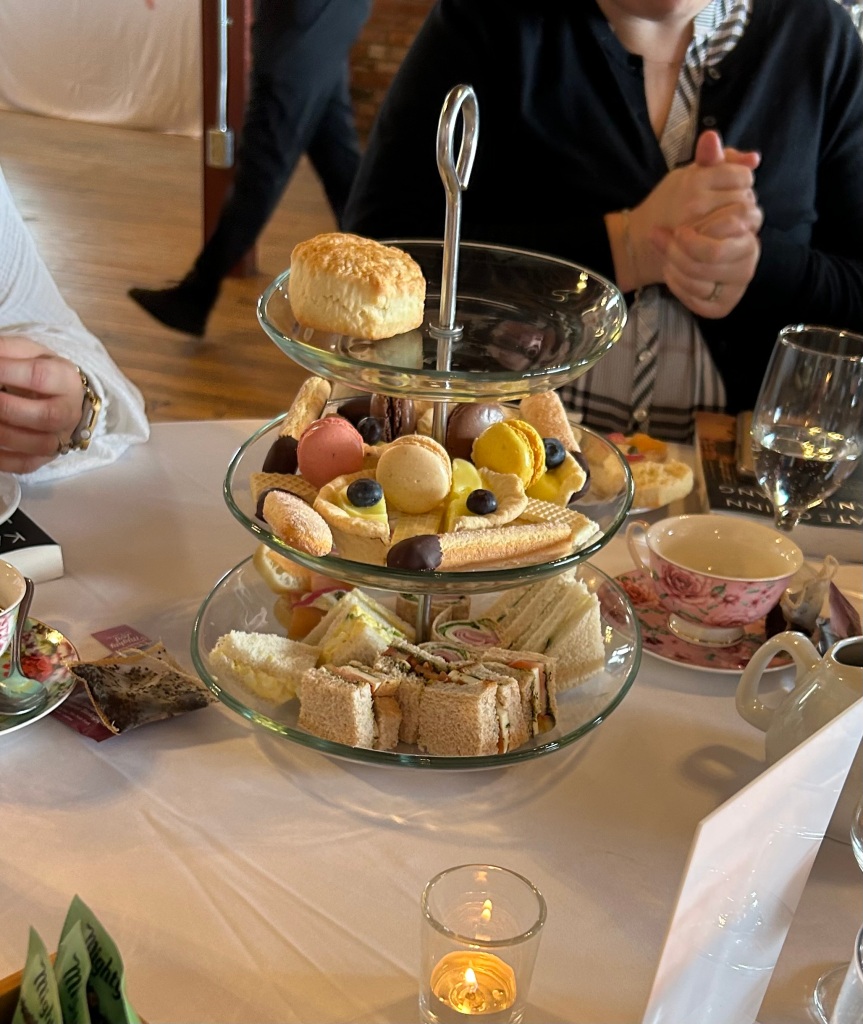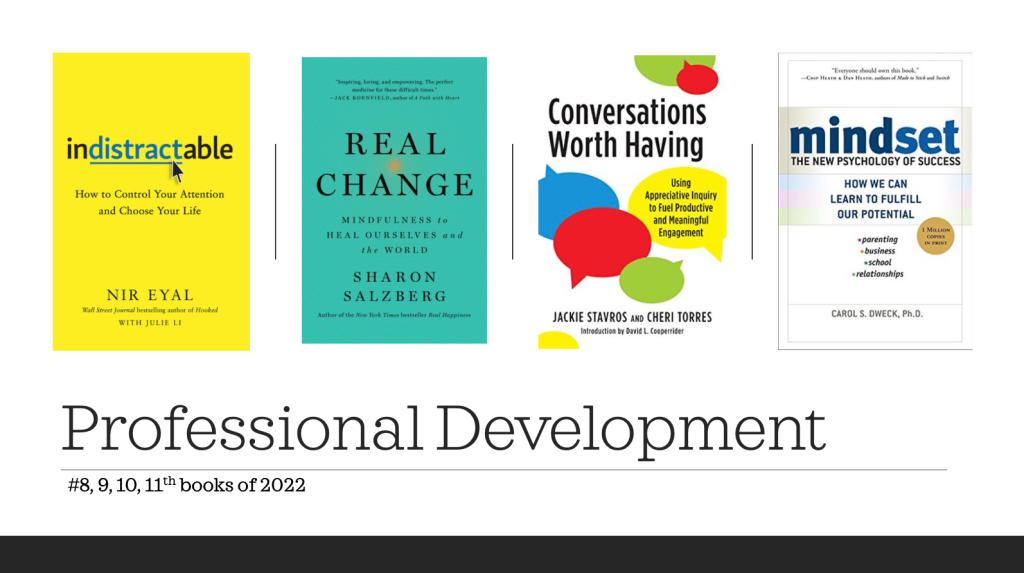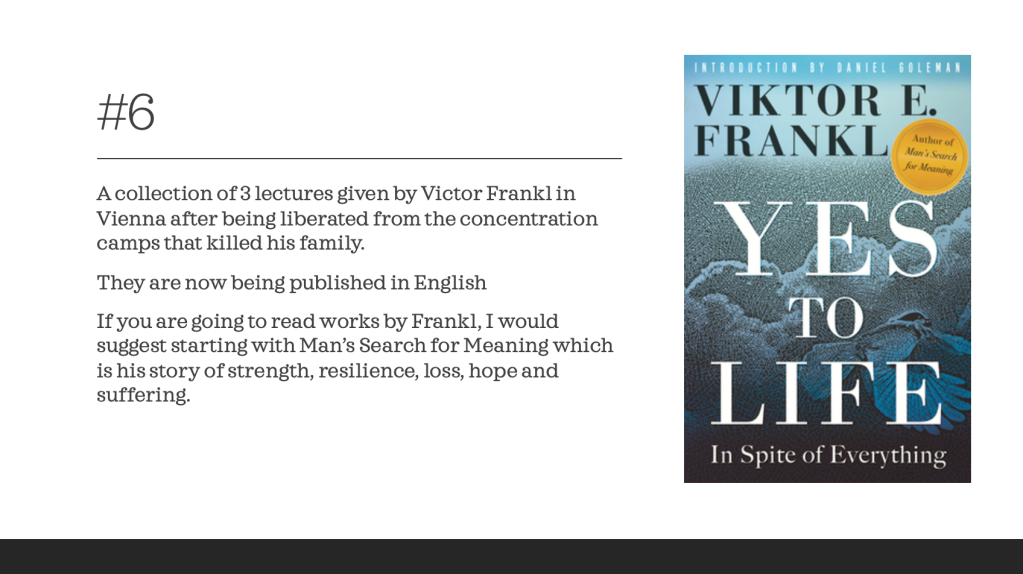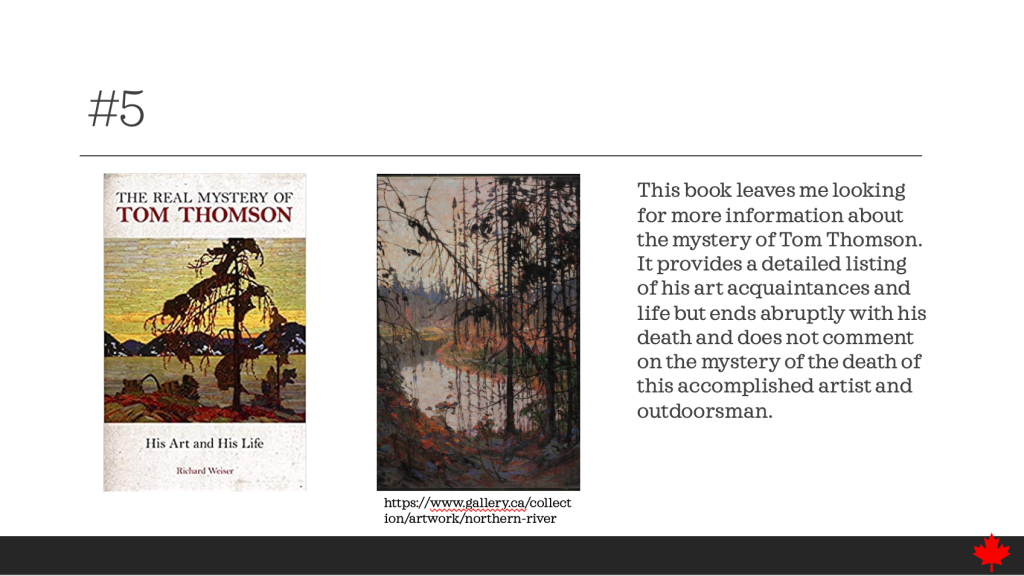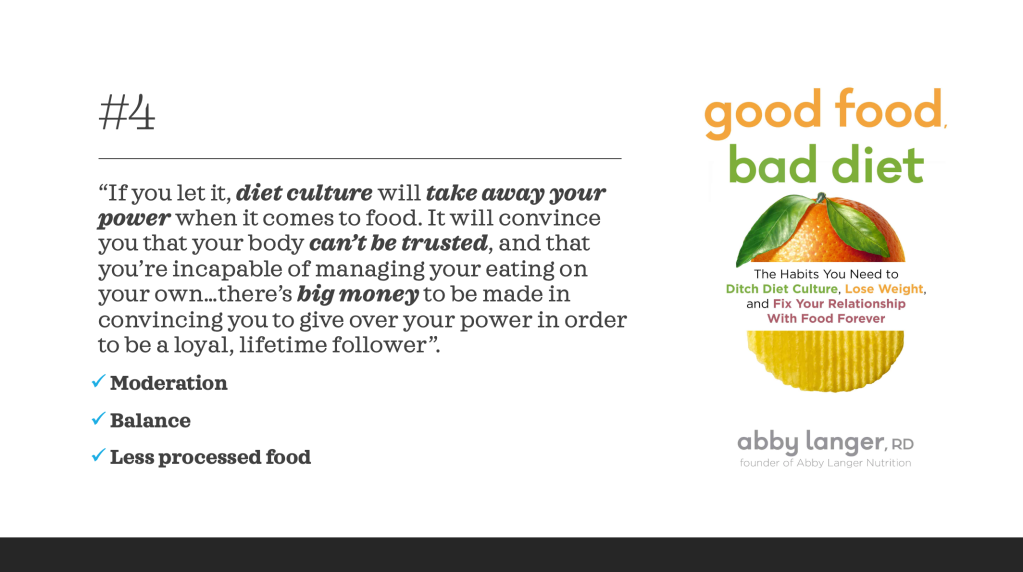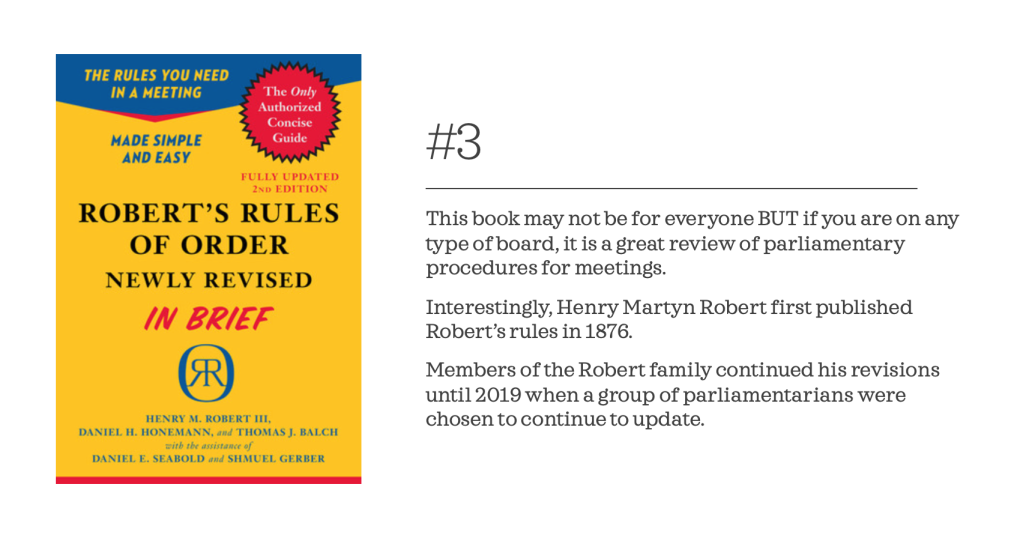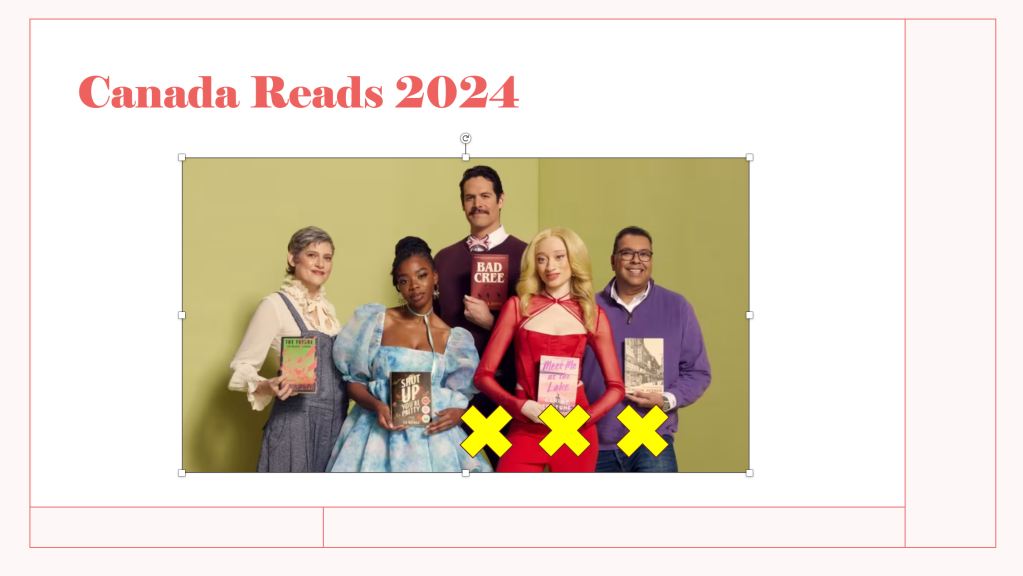
Today I was unable to catch the live show but was pleased to avoid any spoilers until having time to watch this afternoon. As usual, the annual title fight is speeding by like a runaway train to bring us to our final destination of the one book that all of Canada should read which will carry us forward. We know that my book of choice (Denison Avenue) has been pushed off the train but the elements of fun, surprise, learning and shock is what Canada Reads is all about!
Today felt testy… there was more interruptions and more pointed conversation as the 3 remaining books were debated.
I continued to appreciate the calm and supportive approach of Naheed. Even when he disagreed or had to say something constructively critical about the books, he did it respectfully and kindly. I feel like Mirian is a bit of a wild card, unpredictable and fresh. Heather talks as much with her hands as she does with her voice, she pulls out more details about magical realism and the craft of writing. She is very eloquent and poised. I am still trying to sort out my feelings on Kudakwashe, I appreciate her honest acknowledgement of her own experience in relation to the book but struggle with her fast pace of speaking and the defensive undercurrents. Lastly, I will speak to Dallas, he is an “open book”. He has been so transparent of his challenges with dyslexia, encouraging the audio book format and was sadly, at the end, overly critical of his own performance.
New Learning of the Day: I appreciated learning that the defenders learned which books would be part of the show in December so that they could start reading yet they did not know who their fellow defenders would be until the day before.
As the show wrapped up, Bad Cree was voted off. Although I was not a huge fan of this book, I am curious to understand why Shut Up Your has remained unscathed with no votes against it. For me, this was my 4th choice so I will be looking forward to more discussion about this book tomorrow.
The last segment dealt with the question as to whether a book needs a happy ending or an ending that ties up loose ends has left me pondering. It can be satisfying, but is that real life? I will leave you all to ponder that question. Happy Reading!!!

